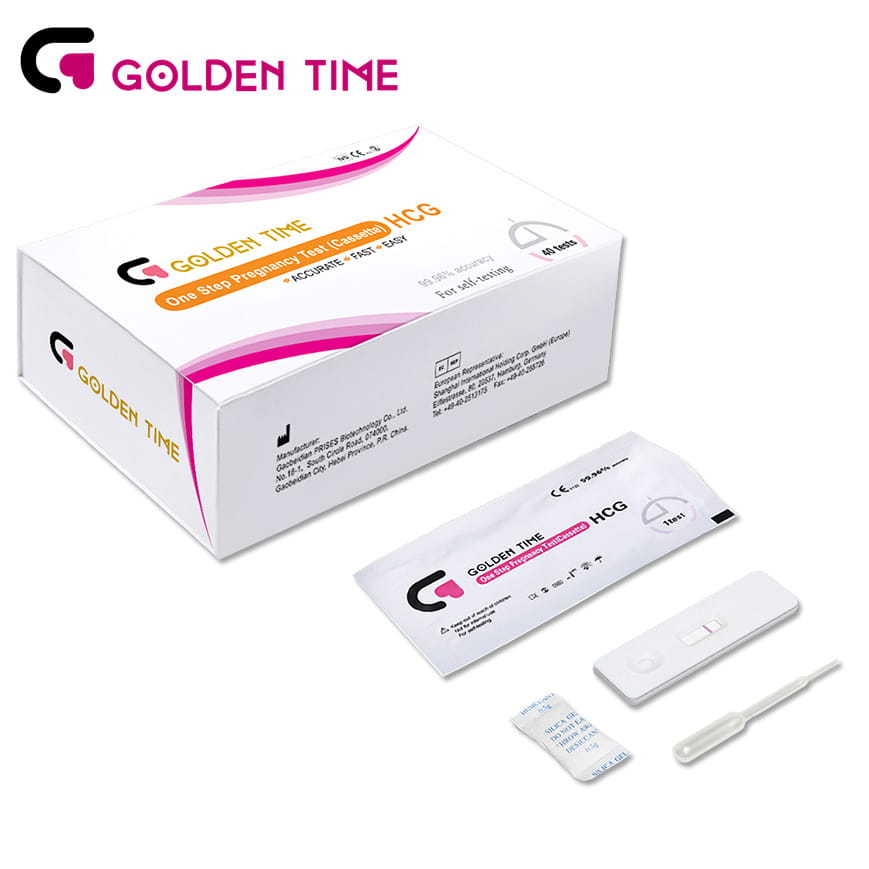12月 . 10, 2024 01:29 Back to list
Testing Wholesale Levels of H Pylori Infection in Patients
Understanding Wholesale Testing for H. Pylori An Overview
Helicobacter pylori (H. pylori) is a type of bacteria that can infect the stomach and is associated with various gastrointestinal conditions, including peptic ulcers and chronic gastritis. Its prevalence in the global population makes it a significant public health concern, necessitating efficient and accurate testing methods. This article explores the concept of wholesale testing for H. pylori, underscoring its importance, testing methodologies, and implications for public health.
The Importance of H. Pylori Testing
Testing for H. pylori is crucial for diagnosing infections that can lead to more severe health issues, including stomach cancer. Early identification allows for timely treatment, which can significantly reduce complications. Furthermore, the high incidence of H. pylori infections, particularly in developing countries, underscores the need for robust testing protocols. Wholesale testing refers to the bulk evaluation of diagnostic tests, which can streamline the process and increase accessibility for healthcare providers.
Wholesale Testing Methodologies
Wholesale testing for H
. pylori typically involves several methodologies, each with its own advantages and limitations1. Non-Invasive Tests - Urea Breath Test (UBT) This test detects the presence of H. pylori by measuring the amount of carbon dioxide in the breath after the ingestion of a urea solution. It is quick, easy to perform, and non-invasive, making it a popular choice for outpatient settings. - Serology Blood tests can identify antibodies against H. pylori. However, they cannot distinguish between current and past infections, which can sometimes lead to misinterpretation.
wholesale test h pylori

2. Invasive Tests - Endoscopy with Biopsy This method involves inserting a flexible tube with a camera into the stomach to collect tissue samples. It is the most accurate method for diagnosing H. pylori but is more invasive and costly, which can limit its use in some settings. - Rapid Urease Test During an endoscopy, this test can be performed on biopsy tissue to detect H. pylori by assessing its enzymatic activity.
3. Stool Antigen Tests These tests detect the presence of H. pylori antigens in a stool sample and are also non-invasive. They provide results relatively quickly and can be used for both diagnosis and post-treatment confirmation.
Implications of Wholesale Testing
Wholesale testing has several benefits for the healthcare system and patient care. It allows for
- Enhanced Accessibility By providing tests in bulk to healthcare facilities, particularly in underserved areas, more patients can receive timely diagnoses and treatment. - Cost-Effectiveness Purchasing tests wholesale can reduce costs for healthcare systems, making it feasible to offer widespread screening programs, especially in regions with high infection rates. - Standardization Implementing wholesale testing can help standardize procedures and ensure consistent quality in test administration and interpretation, enhancing overall patient outcomes.
Conclusion
The significance of wholesale testing for H. pylori cannot be overstated. As H. pylori infection remains prevalent worldwide, comprehensive testing strategies are essential to manage and reduce its impact on public health. By leveraging various testing methodologies and promoting bulk testing practices, healthcare systems can enhance early detection and treatment, contributing to the overall well-being of populations at risk. Continued research and innovation in this field are necessary to develop even more efficient and accessible testing options, ensuring that the fight against H. pylori and its associated complications can be effective and widespread.
-
HIV-1/2 Ab Combo Rapid Test Kit for Fast, Reliable Blood Screening
NewsJul.27,2025
-
High-Quality Nasal Swab for Accurate Testing – Fast Results
NewsJul.26,2025
-
One Step LH Ovulation Test Kit - Accurate & Easy At-Home Fertility Tracking
NewsJul.25,2025
-
Sterile Urine Cup for Accurate Specimen Collection | Leak-Proof Design
NewsJul.24,2025
-
High Quality Cassette Lateral Flow for Accurate Testing Solutions
NewsJul.23,2025
-
Malaria PF / PAN AG Rapid Test – Accurate & Fast Malaria Diagnosis
NewsJul.22,2025

